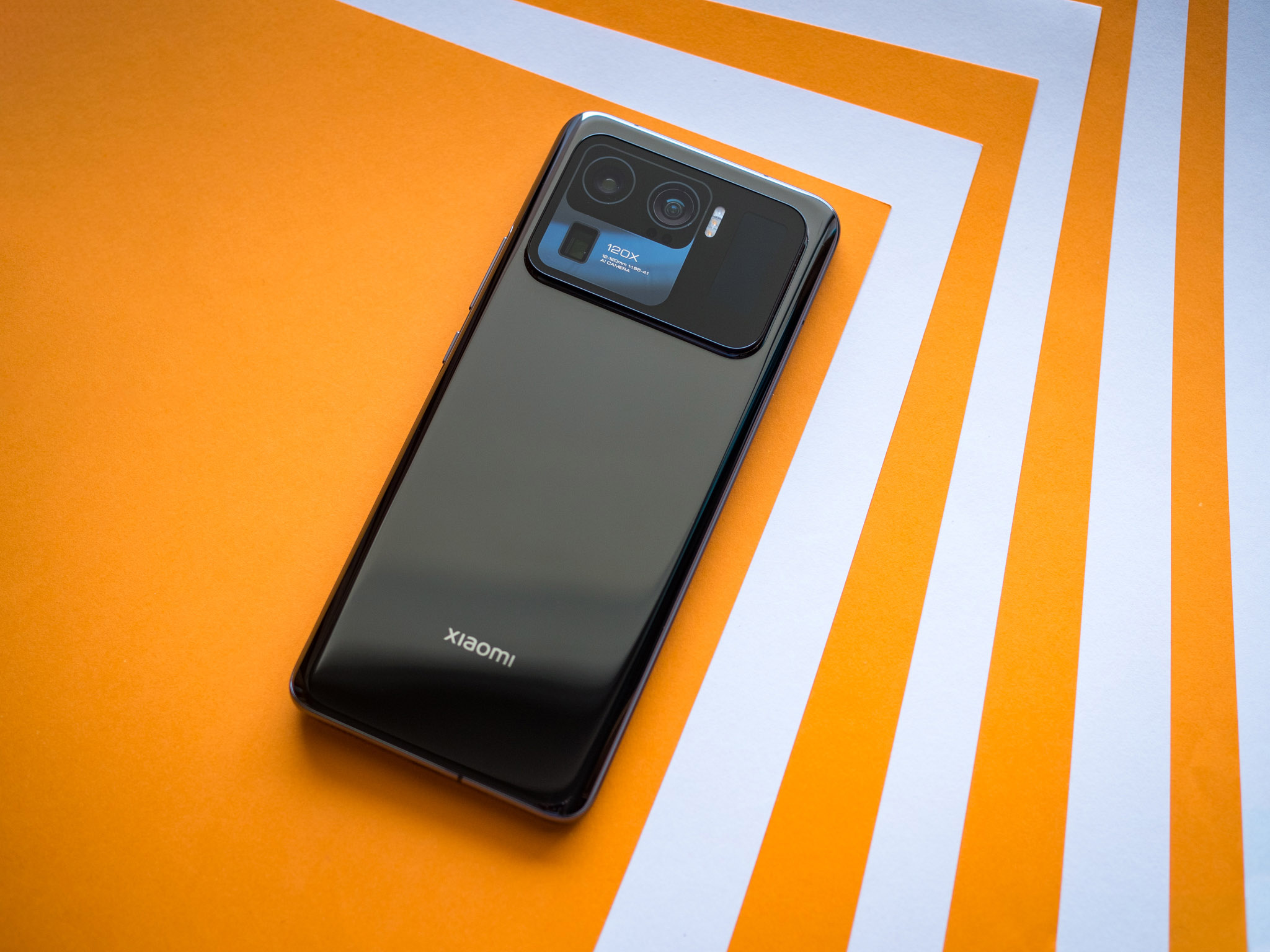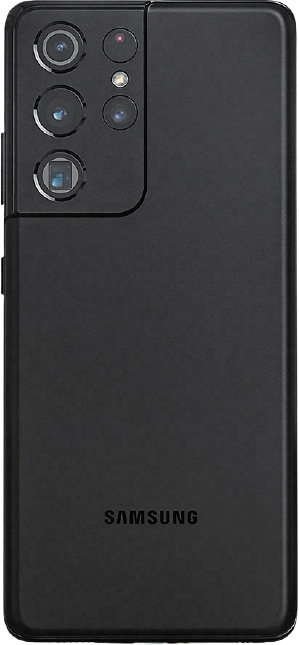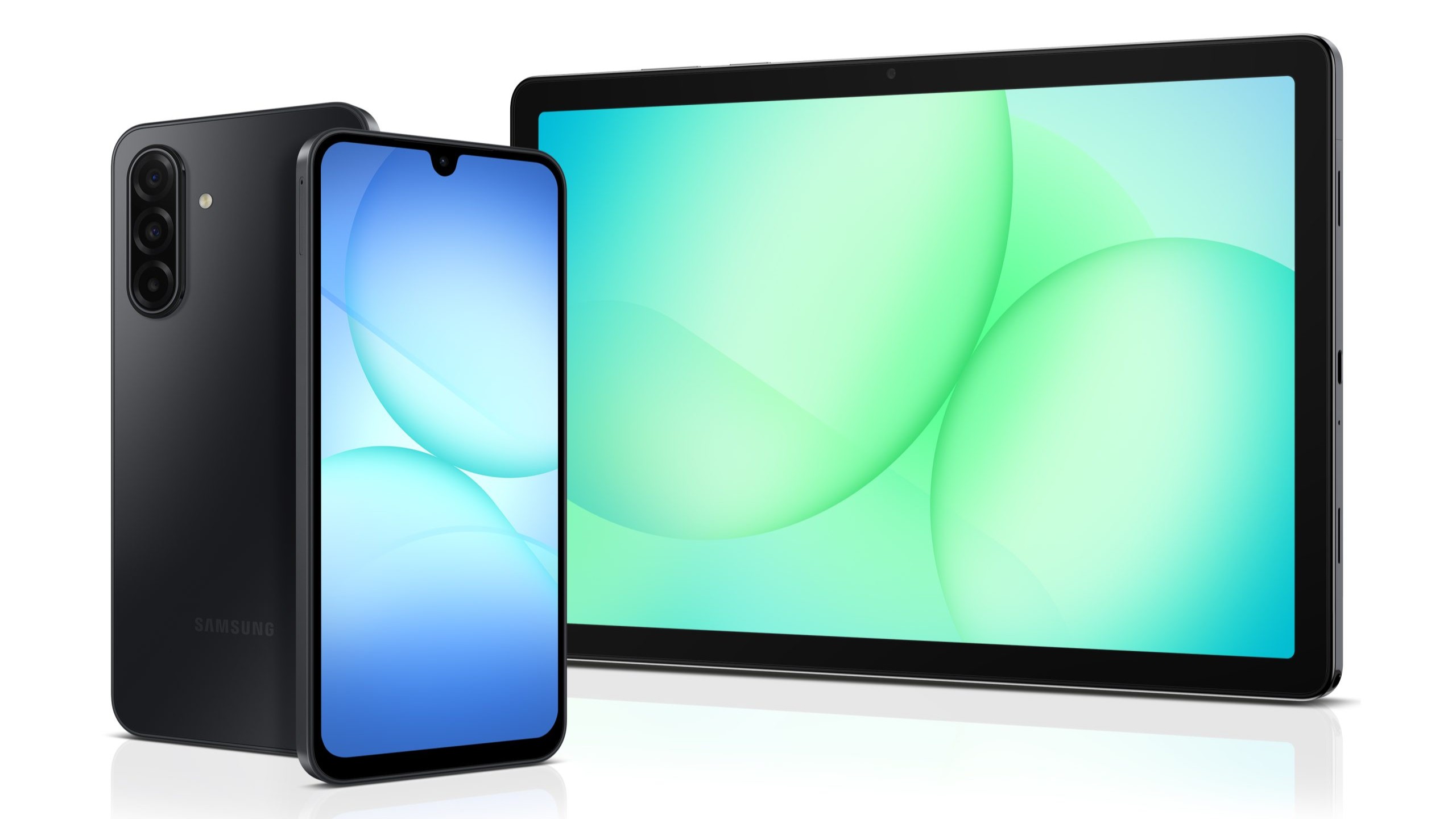With the Mi 11 Ultra, Xiaomi once again fumbles a flagship launch

The Mi 11 Ultra is possibly one of the best Android phones you can buy right now. Xiaomi has nailed the basics here, delivering the latest hardware innovations combined with a 120Hz AMOLED panel, cleaner software and less bloat than previous generations, and truly incredible cameras.
There's only one problem: you can't actually buy the phone. The Mi 11 Ultra made its debut in China earlier in the year and was announced for global markets a few months ago, but as of June 4, it isn't available anywhere. Instead, Xiaomi's UK, Germany, Spain, and other European sites have a Notify Me button, and there's no way to get your hands on the flagship even if you're willing to shell out the equivalent of $1,500 that Xiaomi commands for the device.
Technically, Xiaomi did release the phone in the UK on May 6 — it immediately sold out — and it is entirely likely there were minimal units available for the "launch." It's a similar situation in India, Xiaomi's largest market outside of China. Xiaomi had a splashy virtual event on April 23 where it announced the Mi 11 Ultra and a 75-inch QLED TV in the country, and while the latter has been on sale for a few weeks now, there's no mention of when the Mi 11 Ultra will be available.
Xiaomi instead took to social media to say that due to "circumstances beyond its control," it's delaying the launch of the Mi 11 Ultra:
We know that you've been waiting eagerly to know more about the sale date of Mi 11 Ultra, but before we could respond to all your queries we wanted to be certain about a few things at our end.
Here is an update on the Mi 11 Ultra. Read the letter to know more.#Mi11Ultra pic.twitter.com/flUNfK4qOoWe know that you've been waiting eagerly to know more about the sale date of Mi 11 Ultra, but before we could respond to all your queries we wanted to be certain about a few things at our end.
Here is an update on the Mi 11 Ultra. Read the letter to know more.#Mi11Ultra pic.twitter.com/flUNfK4qOo— Mi India (@XiaomiIndia) June 2, 2021June 2, 2021
Xiaomi's statement doesn't really clarify what caused the delay and when the Mi 11 Ultra is likely to go on sale in the country. Unfortunately, this is now becoming a pattern for Xiaomi. The brand has struggled with the availability of its flagships — usually at launch — and that trend hasn't changed with the Mi 11 series. The Mi 11 also took its time to go on sale in global markets, and we see the same thing with the Mi 11 Ultra.
Xiaomi needs to sort out availability issues if it wants to be seen as a serious player in the high-end segment.
The Mi 11 Ultra is particularly great value in India, where it is set to retail for just ₹69,999 ($960), a full 36% less than what it costs in Germany and other western markets. And although its Chinese rival, OnePlus, resorted to limiting 5G bands on the OnePlus 9 Pro to launch the device at ₹69,999 ($960), Xiaomi did not do so. As a result, the Mi 11 Ultra variant in India has the same set of 5G bands as other markets, and that should be welcome news for anyone looking to pick up the phone and then use it for international travel (once it's safe to do so again, of course).
To find out just what's going on with the Mi 11 Ultra in India, I talked to IDC India research director Navkendar Singh. Xiaomi has reaffirmed its commitment to releasing flagships in India last year with the Mi 10 series, and while the brand is staying true to its word, Singh notes that the high-end segment — phones that cost over ₹50,000 ($700) — account for less than 3% of the overall market.
Get the latest news from Android Central, your trusted companion in the world of Android
To make matters worse, Singh said that the high-end category is effectively a "duopoly of Apple and Samsung," which explains why brands like Xiaomi and OnePlus are willing to undercut their profit margins substantially to gain some ground in the country. As for the Mi 11 Ultra, in particular, Singh said that regulatory hurdles were to blame for the delay in India and that it hurt the likes of Apple as well as Xiaomi:
Xiaomi's inability to launch Mi 11 Ultra is primarily because it's imported from China, so not assembled or made in India. And with some delays from the government on approvals for Wi-Fi-enabled devices, the challenge is across the premium segment (some iPhones, iPads, laptops, etc.) and not isolated to Xiaomi.
For some context, most Xiaomi phones sold in India are made locally, but select flagships and ecosystem products — like its water purifier and vacuum cleaner — are made in China. Of course, delays are unavoidable, particularly in these turbulent times, but where Xiaomi has failed repeatedly is communicating that to its userbase.
This isn't an issue that's limited to India either; Xiaomi always does a great job hyping up its products, but it falls short when it's time to make them available for purchase. With the brand now making inroads into western markets, it needs to change its tactics to be seen as a serious contender to Apple and Samsung.
In the meantime, if you don't want to wait for the Mi 11 Ultra to go on sale, there's always the Galaxy S21 Ultra or OnePlus 9 Pro.

The flagship that has it all
The Galaxy S21 Ultra continues to be one of the best phones of 2021. You're getting the latest internal hardware, gorgeous industrial design, sublime 120Hz QHD+ panel, global 5G connectivity, standout cameras, and three years of platform updates.

Harish Jonnalagadda is Android Central's Senior Editor overseeing mobile coverage. In his current role, he leads the site's coverage of Chinese phone brands, networking products, and AV gear. He has been testing phones for over a decade, and has extensive experience in mobile hardware and the global semiconductor industry. Contact him on Twitter at @chunkynerd.
